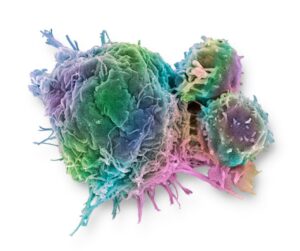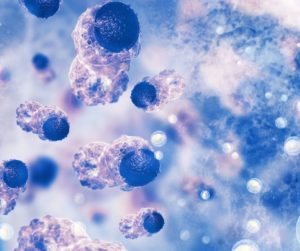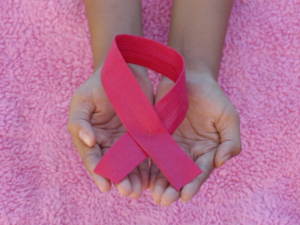Donald C. Moore | Feb 10, 2021 8:21:48 AM
Erdafitinib (Balversa, Janssen Products) is a novel fibroblast growth factor receptor (FGFR) inhibitor recently approved by the FDA for the treatment of adult patients with locally advanced or metastatic urothelial carcinoma with a susceptible FGFR3 or FGFR2 genetic alteration who have progressed during or following at least one prior line of platinum-containing chemotherapy.
Erdafitinib received this indication under accelerated approval based on the response rates observed in an open-label, phase 2 trial. A total of 99 patients with locally advanced and unresectable or metastatic urothelial carcinoma who had disease progression during or after at least 1 course of chemotherapy or within 1 year after neoadjuvant or adjuvant chemotherapy were included in this trial. The primary endpoint of objective tumor response was achieved in 40% of patients. The median progression-free survival and overall survival were 5.5 and 13.8 months, respectively. Grade ≥3 treatment-related adverse events occurred in 46% of patients. The most common (≥5%) grade ≥3 adverse events observed with erdafitinib included hyponatremia (11%), stomatitis (10%), asthenia (7%), nail dystrophy (6%), hand-foot syndrome (5%), and urinary tract infection (5%).
Erdafitinib can cause ocular disorders that can lead to visual field defects, including central serous retinopathy/retinal pigment epithelial detachment (CSR/RPED). Grade ≥3 CSR/RPED can occur in up to 3% of patients with a median time to onset of about 50 days. About 28% of patients can experience dry eye symptoms with erdaftinib; patients should receive dry eye prophylaxis with ocular demulcents as needed. Patients receiving erdafitinib should have periodic ophthalmological examinations during therapy to monitor for the development of treatment-related ocular disorders. Hyperphosphatemia can occur as a pharmacodynamic effect of erdafitinib and has been reported in up to 76% of patients. This can happen relatively early in therapy, occurring with a median time to onset of about 20 days. Patients taking erdafitinib should follow a phosphorus-restricted diet. Those who develop a serum phosphate >7.0 mg/dL may require a phosphate binder to decrease serum phosphorus back to <5.5 mg/dL.
The initial recommended dose of erdafitinib is 8 mg by mouth once daily. The dose can be escalated to 9 mg once daily if serum phosphate is <5.5 mg/dL 14-21 days after the initiation of therapy and in lieu of any grade ≥2 ocular disorders. Erdafitinib tablets can be taken with or without food. Erdafitinib is primarily metabolized through the liver and is a substrate of CYP2C9 and CYP3A4; therefore, it is subject to drug-drug interactions with inhibitors and inducers of these enzymatic pathways. Given the need for careful monitoring of serum phosphate early in therapy, concomitant medications that can affect phosphate levels should be avoided prior to the initial dose modification period.
For more information
Loriot Y., Necchi A., Park S.H., …Siefker-Radtke A.O. (2019). Erdafitinib in locally advanced or metastatic urothelial carcinoma. New England Journal of Medicine, 381, 338-348.
Janssen Products LP. (2020). Balversa (erdafitinib) package insert. Retrieved from http://www.janssenlabels.com/package-insert/product-monograph/prescribing-information/BALVERSA-pi.pdf.

Donald C. Moore
Pharmacist Clinical Coordinator – Hematology/Oncology – Pharmacy Services – Levine Cancer Institute
Atrium Health – Carolinas HealthCare System is Atrium Health







